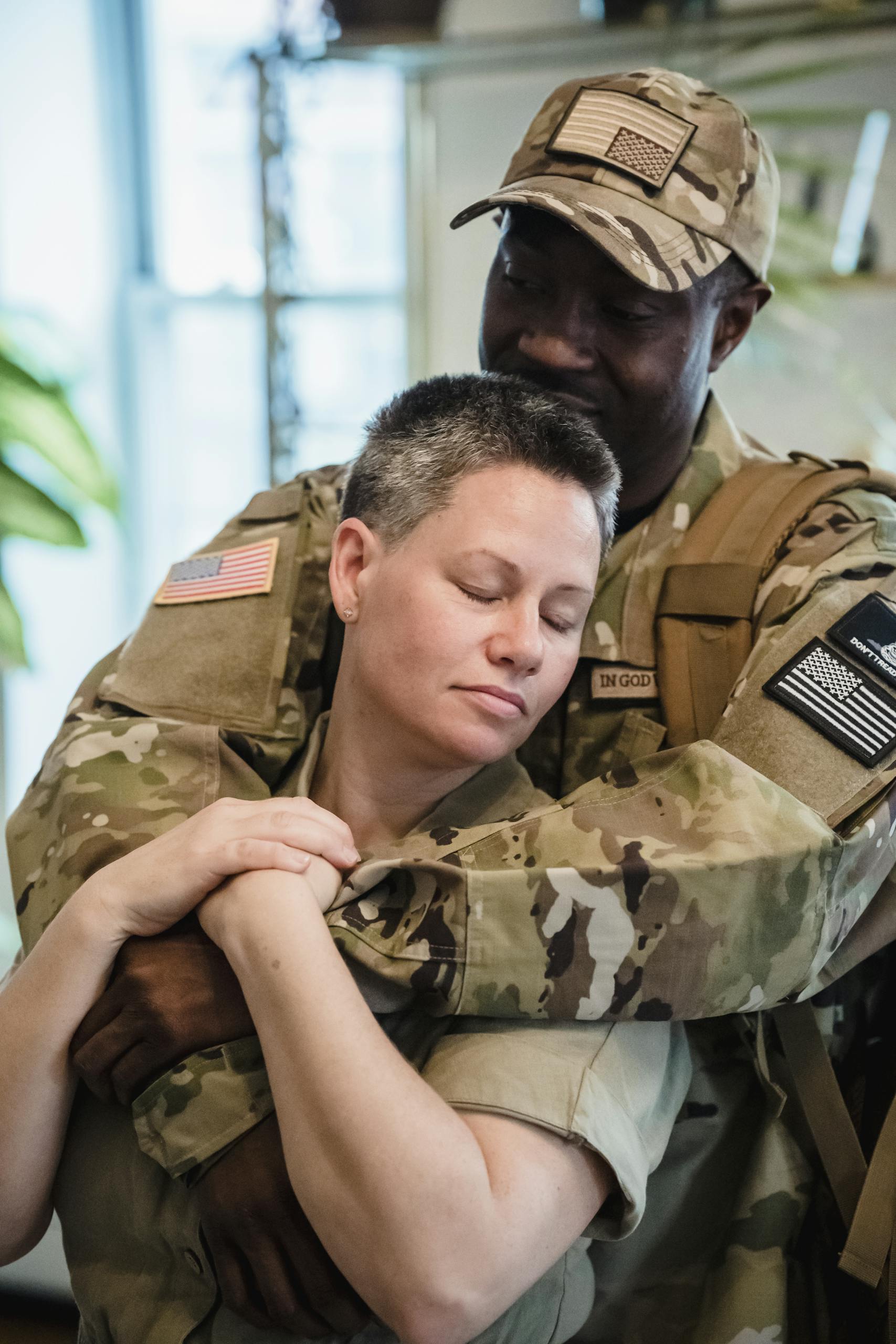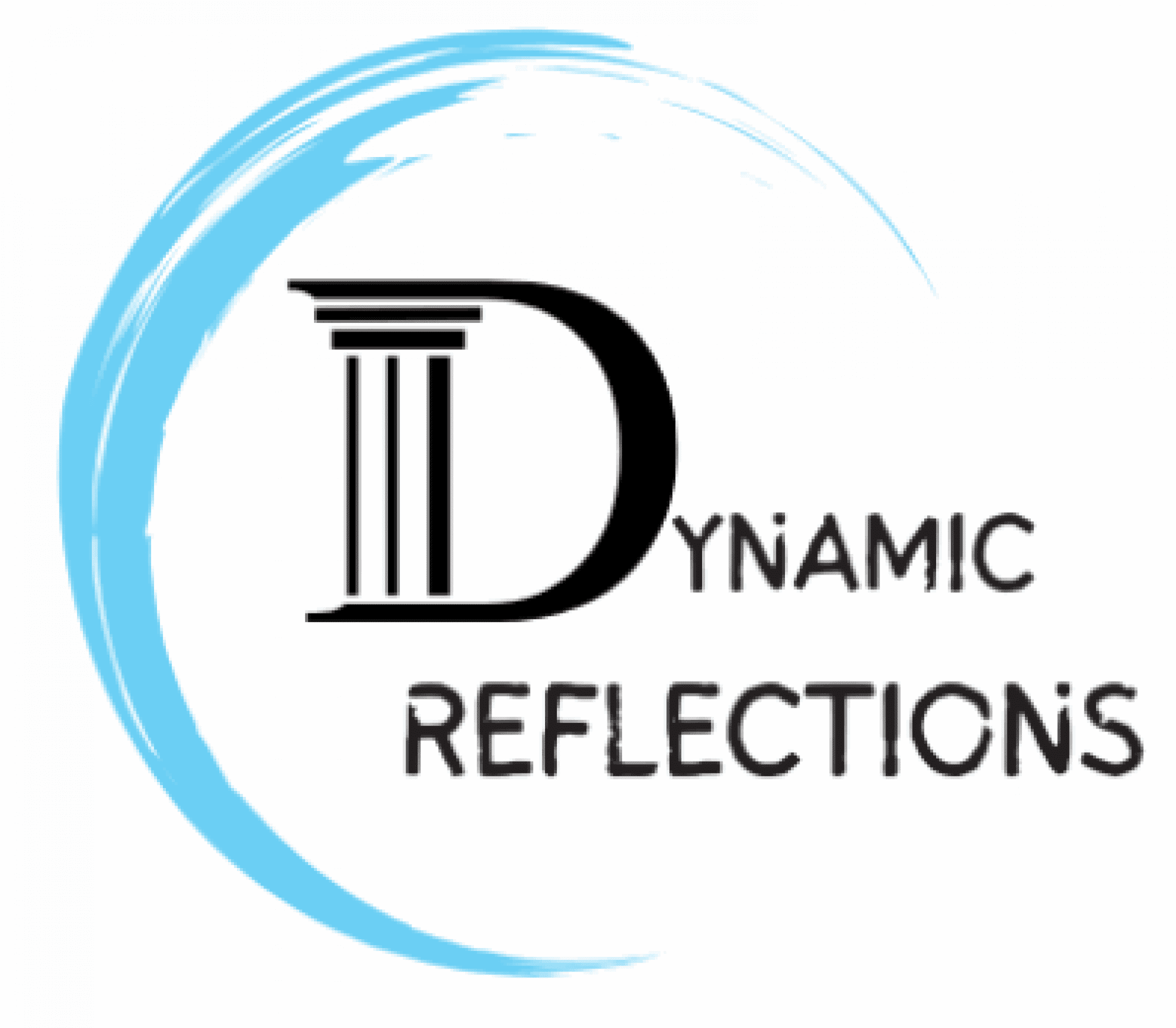Your mental health matters.
Family Counseling
In person in Sheridan, WY and telehealth across the United States.

Why Do Families Come to Counseling?
Families often seek therapy due to communication problems like frequent fights, misunderstandings, or dishonesty. They struggle to resolve conflicts healthily, causing ongoing stress. Behavioral issues in children or teens, such as defiance, disrupt family peace and prompt seeking help. Therapy also aids families coping with grief after losing a loved one, which alters family dynamics and well-being. Divorce or separation creates challenges in co-parenting and adjusting to new family structures, requiring support. Substance abuse causes instability and tension, while mental health issues like depression and anxiety impact family members and need attention. Families facing trauma find therapy helpful for managing its complex effects.
Families find Healing in Counseling in a variety of ways.
Family therapy, particularly structural family therapy, focuses on the family as a whole, rather than solely on individual members.
Communication. Boundaries. Group Problem Solving
Family communication is the foundation of healthy relationships, allowing members to express their needs and listen to one another effectively. Family counseling plays a crucial role in improving this communication by guiding families to develop clear and respectful boundaries that support both individual autonomy and family unity. Through counseling, families also acquire valuable problem-solving skills, enabling them to address conflicts constructively and reach solutions that satisfy everyone involved. This process fosters a more open, understanding, and supportive family environment.

Defines Roles in the Family
Family counseling supports strengthening family roles by helping members clearly define and understand their roles and responsibilities. Through guided communication and conflict resolution techniques, counseling fosters cooperation and mutual respect, leading to a more balanced and functional family system. It also helps identify and address role confusion or conflicts, promoting healthier interactions and stronger family bonds.


Empathy and Resilience Development
Family counseling significantly enhances empathy and understanding by facilitating open communication and encouraging family members to actively listen to each other’s perspectives and experiences. This process helps individuals develop deeper insights into the feelings and viewpoints of others, fostering compassion and stronger emotional connections.
Additionally, family counseling builds resilience by providing tools and strategies to effectively manage stress and navigate challenges together. Through guided support, families learn to adapt to difficult situations, improve problem-solving skills, and strengthen their ability to support one another, ultimately creating a more united and resilient family unit.
The Process of Family Therapy: A Structural Approach
If you think that your family may benefit from family therapy, take the first step towards a healthier and happier family dynamic.
